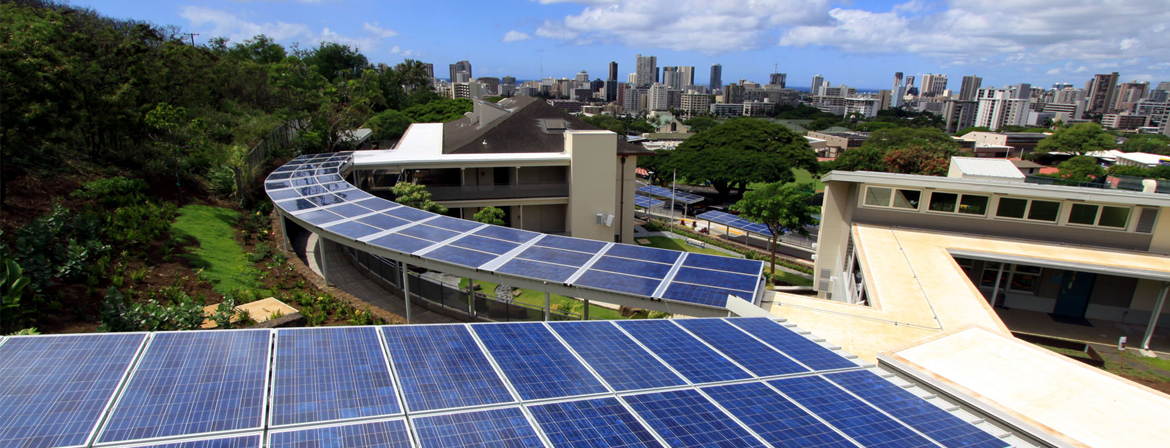Exploring Individual-Level Factors Related to Employee Energy-Conservation Behaviors at Work
Scherbaum, C., Popovich, P., & Finlinson, S. (2008). Exploring individual-level factors related to employee energy-conservation behaviors at work. Journal of Applied Social Psychology, 38(3), 818-835.
The Characteristics of Interior Designers Who Practice Environmentally Sustainable Interior Design
Kang, M., & Guerin, D. (2009). The characteristics of interior designers who practice environmentally sustainable interior design. Environment and Behavior, 41(2), 170-184.
Correlates of Pro-Sustainability Orientation: The Affinity Towards Diversity
Corral-Verdugo, V., Bonnes, M., Tapia-Fonllem, C., Fraijo-Sing, B., Frías-Armenta, M., & Carrus, G. (2009). Correlates of pro-sustainability orientation: The affinity towards diversity. Journal of Environmental Psychology, 29(1), 34-43.
Collective Guilt Mediates the Effect of Beliefs about Global Warming on Willingness to Engage in Mitigation Behavior
Ferguson, M., & Branscombe, N. (2009). Collective guilt mediates the effect of beliefs about global warming on willingness to engage in mitigation behavior. Journal of Environmental Psychology, XX(X) 1-8.
The Attitude-Behavior Relationship: A Test of Three Models of the Moderating Role of Behavioral Difficulty
Kaiser, F., & Schultz, P. (2009, January). The attitude-behavior relationship: A test of three models of the moderating role of behavioral difficulty. Journal of Applied Social Psychology, 39(1), 186-207.
A Review of Intervention Studies Aimed at Household Energy Conservation
Abrahamse, W., Steg, L., Vlek, C., & Rothengatter, T. (2005). A review of intervention studies aimed at household energy conservation. Journal of Environmental Psychology, 25(3), 273-291.
Factors Influencing the Acceptability of Energy Policies: A Test of VBN Theory
Steg, L., Dreijerink, L., & Abrahamse, W. (2005). Factors influencing the acceptability of energy policies: A test of VBN theory. Journal of Environmental Psychology, 25(4), 415-425.
Are Psychological and Ecological Well-Being Compatible? The Role of Values, Mindfulness, and Lifestyle
Brown, K., & Kasser, T. (2005). Are psychological and ecological well-being compatible? The role of values, mindfulness, and lifestyle. Social Indicators Research, 74(2), 349-368.
The Ways That People Talk About Natural Resources: Discursive Strategies as Barriers to Environmentally Sustainable Practices
Kurz, T., Donaghue, N., Rapley, M., & Walker, I. (2005). The ways that people talk about natural resources: Discursive strategies as barriers to environmentally sustainable practices. British Journal of Social Psychology, 44(4), 603-620.
A Cognitive Dissonance Interpretation of Consistencies and Inconsistencies in Environmentally Responsible Behavior
Thogersen, J. (2004). A cognitive dissonance interpretation of consistencies and inconsistencies in environmentally responsible behavior. Journal of Environmental Psychology, 24(1), 93-103.



